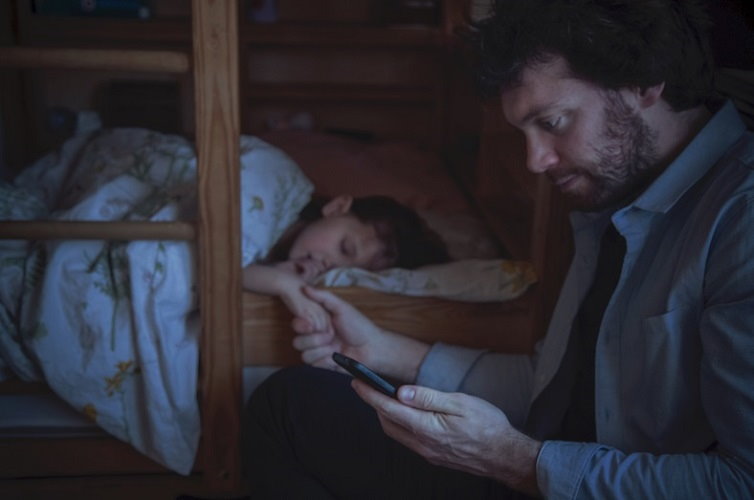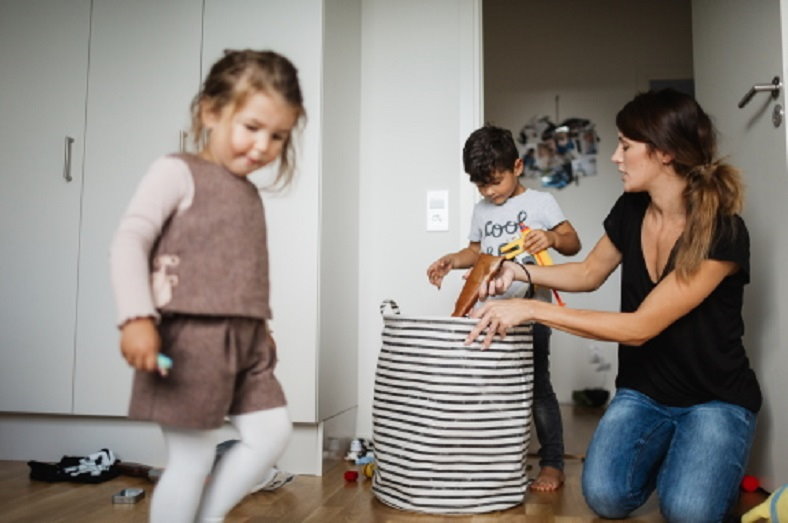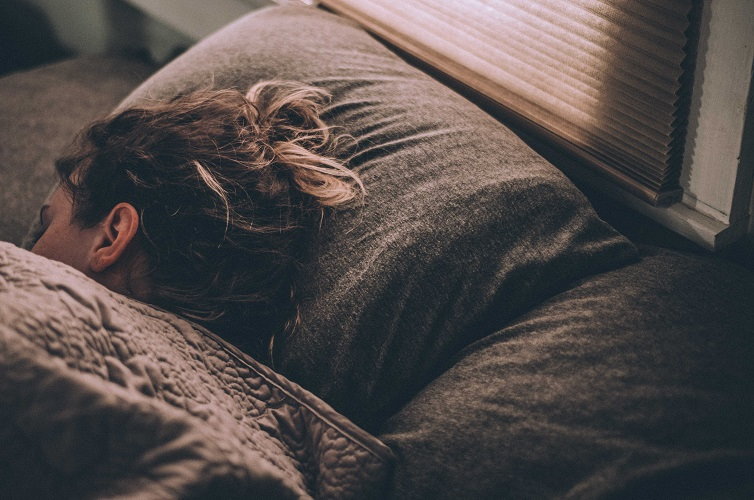How to stop a panic attack in 10 minutes

Publisert: 28.11.2019
Skrevet av:
Panic attacks are sudden and intense experience of fear and anxiety.
They are experienced as overwhelming, giving both mental and physical symptoms. You might struggle to breathe, your body may feel clammy and sweaty, and you might even become aware of your heart beating faster. Some also experience additional physical symptoms, such as chest pain and hyperventilation.It is also common to feel like you are losing touch with reality during a panic attack. Many think they are about to have a heart attack because of these symptoms. Even though panic attacks are scary and uncomfortable for those who experience them, they are never dangerous. The symptoms of a panic attack usually last for around 10 minutes, and with good coping strategies they can become milder and less daunting over time.
1. Breathing in deeply
If you manage to control your breathing, then the chance of you hyperventilating is less likely, which could worsen the symptoms of a panic attack, or even cause one. In order to control your breathing, breathe while counting to 4. Hold your breath for 1 to 2 seconds and exhale while counting to 7. Repeat this until you feel you are breathing slower and more relaxed.
2. Recognize the symptoms
By recognizing that you have a panic attack and not a heart attack, you can remind yourself that the symptoms are only temporary and that they will pass soon.
3. Close your eyes
Some panic attacks result from overstimulation from your surroundings. You may be overwhelmed by sound or visuals, expectation pressure, rapid workflow, etc. To reduce negative stimuli, try closing your eyes when you feel you are having a panic attack or close to getting one. This can block out and dampen triggers, making it easier to focus on breathing slowly.
4. Take Pauses
Panic attacks can cause a sense of distance or separation from reality. Try to take breaks where you focus only on the present. This will help you feel more present in your own life, which in turn can stop the panic attack while it is happening or before it happens. Focus on simple physical sensations, like knowing the weight of the jacket you are wearing you, or the weight of the body on the ground or seat.
5. Find a focal point
Some people find it helpful to find an object they can direct all their attention on during a panic attack. Choose an object close to you, preferably right next to you, and keep an eye on it consistently. For example, you can look at how the hands of the clock are ticking. Describe patterns, colors, sizes and shapes to yourself. Focus all your attention on the object and feel the panic attack disappear.
6. Relax your muscles
Techniques to relax the muscles can work just as well as breathing deeply and calmly because it helps you to react to your body's negative responses in a better way. Relax completely in one andone muscle. Start with something simple like your one finger or toe and move slowly throughout your body. Muscle relaxation is most effective when you do it before the panic attack is happening.
7. Where is your happiness?
Where in the world are you most relaxed? Is it on some tropical beach? Or hanging onto a climbing wall 40 meters above the ground? Is it on vacation with your parents? Or while playing with your dog? Imagine being there and focus as much as you can on the details. Imagine smelling the saltwater breeze, how the sand burns beneath your feet as you run to take a dip in the Mediterranean Sea. Try to imagine the feeling you get when you master a more difficult level as a climber. And ask yourself; is it quiet around you? Do you hear a rock fall to the ground below you? Close your eyes, listen and go to your happy place.
8. Mild exercise
Endorphins help the heart pump your blood properly. Training leads to the increased release of endorphins and which results in better well-being and a better mood. When you are stressed, choose exercises that are gentle on the body, such as a walk or swim. With the exception of when you are hyperventilating, then it is better for you to do what you can to control your breathing first.
9. Mantra, mantra
Repeating a personal mantra can be soothing and reassuring, and it can give you something to "stick with" as you approach or experience a panic attack. Whether it is "soon over" or "this is not dangerous", repeat your mantra until you feel that the (approaching) panic attack is subsiding.



